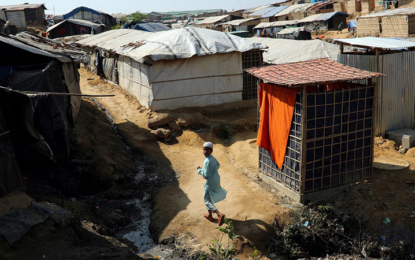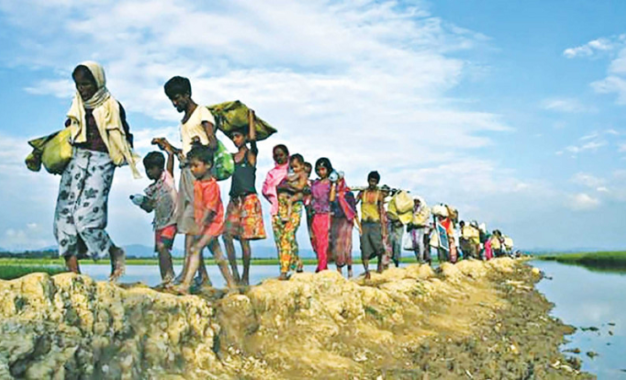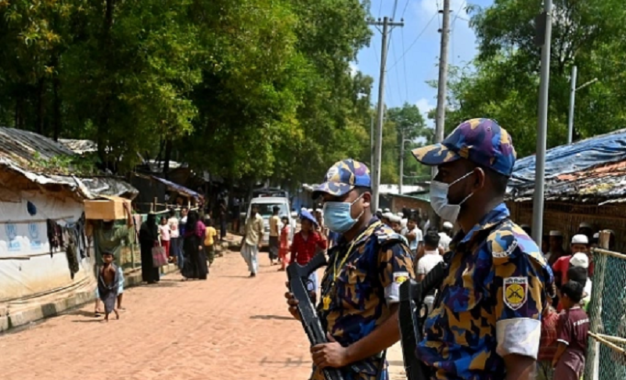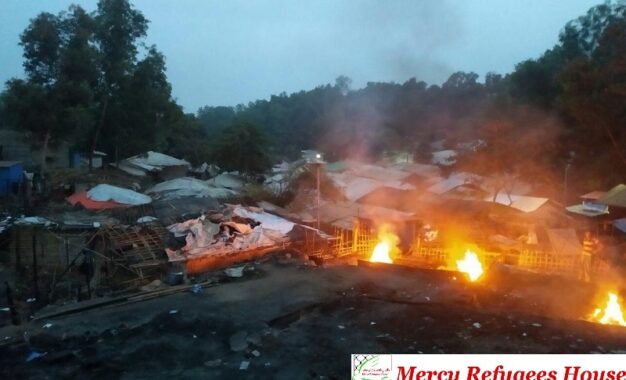Latest News
Europe has failed to integrate its refugees – but one tiny Greek island succeeded

‘Sorry, please one cigarette, my friend.” The man is young: early 20s at the most, Syrian I think. He and many others from across the Middle East and Africa patrol Exarchia Square in central Athens. Bereft of work, they beg for change. Often they turn to selling pirated DVDs, tissues or, occasionally, drugs.
The great migration wave of 2015 saw around a million people make asylum requests in the 28 EU states. The UN high commissioner for refugees was clear on the severity of the situation: since the second world war, he said, there have never been so many refugees, asylum seekers and displaced people. And still they are coming. According to the European commission, the number of people seeking asylum from non-EU countries in the EU28 during the first quarter of 2017 reached 164,500.
Greece is a major point of entry into Europe for those from the Middle East. In desperation they come – often in makeshift boats – from Turkey, enriching people smugglers in the process. Refugees have left their imprint on Greece’s national consciousness and on the fabric of its islands and cities. On Lesbos, I saw people sitting huddled in groups at the port. I glimpsed the barbed-wire camps that housed them. In Athens, they wander through the crowds, anonymous but ubiquitous. As the sun sets they bed down for the night: in shop doorways and on benches, in tents in public parks, and sometimes, if they are lucky, in filthy, empty buildings.
Amazon Sponsorship
Recent Posts
Jul 29, 2023
It has been close to six years since hundreds of thousands of Rohingya faced a deadly genocide by Myanmar’s military and fled the country in search of protection and refuge in neighbouring Bangladesh. The Rohingya population has been undergoing persecution, discrimination, arbitrary arrests, and atrocities in Myanmar for over seven decades. Their condition is alarmingly […]


















